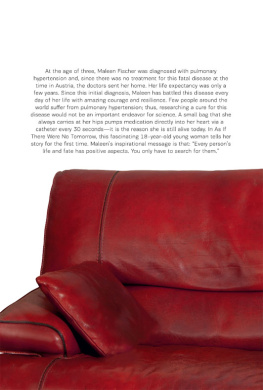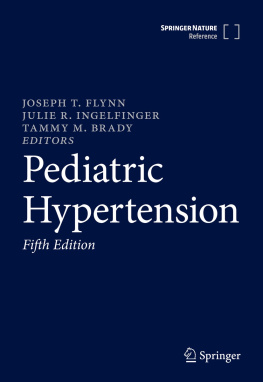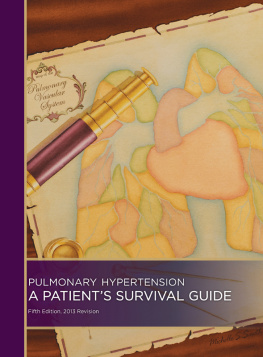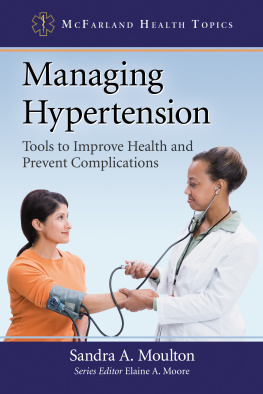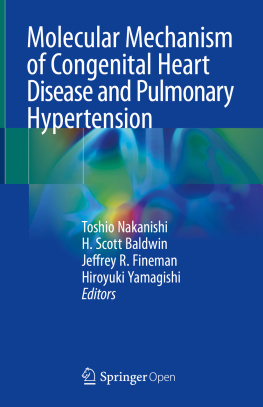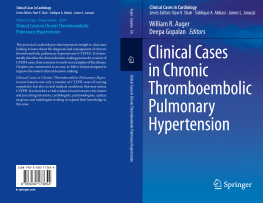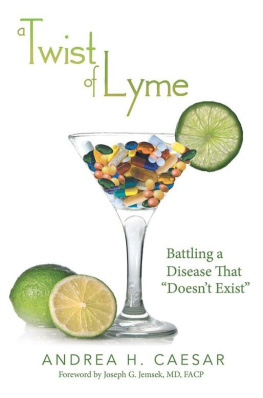MALEEN FISCHER
PRIMA VISTA Publishing
Vienna, Austria
Managing Director & Publisher: Christina Zappella-Kindel
Editor-in-Chief: Georg Kindel
Cover Design: Pjotr Frank
Translator: Michael Troy
Desktop Publishing & Typesetting: Philipp Zottl, NFNTY
Cover photography: Roland Unger
Photos: Madonna, ORF, Conny de Beauclair, private photo collection
Copyright 2014 by PRIMA VISTA Publishing
PRIMA VISTA Media & Consulting GmbH
Kalvarienberggasse 68, A-1170 Vienna, Austria
Phone +43 1 522 34 23, E-mail:
www.prima-vista.cc
All rights reserved.
No part of this publication may be reproduced, stored in a retrieval system, or transmitted in any form or by any means, electronic, mechanical, photocopying, recording, scanning, or otherwise, without the prior written permission of PRIMA VISTA Publishing.
Limit of Liability/Disclaimer of Warranty: While the author and publisher have used their best efforts in preparing this book, they make no representations or warranties with respect to the accuracy or completeness of the contents of this book and specifically disclaim any implied warranties or merchantability or fitness for a particular purpose. No warranty may be created or extended by sales representatives or written sales materials. The advice and strategies contained herein may not be suitable for your situation. You should consult with a professional where appropriate. Neither the author or the publisher shall be liable for any loss or any other damages, including but not limited to special, incidental, consequential, or other damages.
I DEDICATE THIS BOOK TO MY PARENTS,
MY HEROES:
MY MOTHER, WHO NEVER TOOK, BUT ALWAYS GAVE;
MY FATHER, WHO NEVER GAVE UP ON ME,
AND SAVED ME.
THEY TRULY ARE MY GUARDIAN ANGELS.
Contents
CHAPTER 1
Heaven can wait
S o this is how dying feels. It is very still around me. Only the monotonous beeping of my heartbeat monitor conveys the assurance that I am not in another world. Oxygen is pumped into my lungs from the breathing mask strapped around my head. The elastic band is tight and constricts my chin. I have difficulty opening my eyes. My bed has been hydraulically positioned more upright to help me with my breathing. My upper body is in an almost upright position. It is a very strange feeling when strength is being continually sapped from your body. Somehow I manage to bring myself to open my eyes and look toward my mother. She is seated to the right of me on a chair. She is wearing a gray shirt and her hair is drawn back tightly, allowing me to see the glitter of her earrings. A good meter separates her hand from mine. A male nurse in a dark blue uniform is standing between us, pressing on a touchscreen. It regulates the amount of antibiotics being administered through the tubes that lead into my abdominal cavity.
Our gazes met for only a few fleeting moments, but they were enough for me to recognize the desperation in my mothers eyes. For the past 15 years we have spent day and night together. Every two to three hours she would come into my room and stand by my bedevery night, 365 days of the year. She wanted to be certain that the tube that led to my heart was still properly adjusted, that the pump that kept me alive was working correctly. Just one small mistake and my life would be over that very instant. She knows this. And that is why she always comes to my bed. Every night. From the very beginning we have fought this battle for my survival together. No task in the world can be more grueling than to try and keep ones child aliveyear after year, 24/7. I know her expressions only too well and know when they are filled with hope, resignation, anger or fear. Desperation--this deep, sheer desperation, when hope seems to fade more and morehaving to accept the inevitable, this expression I had never seen on her face before.
The room I am lying in is one of the three terminal patients rooms in the Health Park Medical Center in Fort Myers. Here patients are cared for when there is practically no hope of recovery. It provides them with a dignified framework to say their farewells to family and friends. Just the night before a critically ill seven-year-old girl died in an adjoining room. All the relatives were in the room next to her bed and were able to bid her goodbye.
I can only see a silhouette turning a knob on the tube leading to my tummy. The curtain is drawn back; the plastic blinds, with their terribly tacky serpentine pattern in grey, mint green and bright orange, which separated my bed from that of my boyfriend Dominiks and the chair that my mother spent most of last week on, are virtually no longer visible. The advantage of a terminal roomif one can actually speak of an advantage under such circumstancesis the fact that friends and relatives can spend the night with you. They can hold your hand and give you courage when life is continually seeping out of your body. To the left of my bed two large metal racks are standing on which dozens of tubes and bags with all kinds of medication fluids are hanging. All these things really have to go into my body? An adult has approximately six or seven liters of blood, and in these bags here there are three or four liters of fluid. Where is this all going to go? After all, I am only 1 meter 55 centimeters.
Since the age of three I have been fighting for my life and now, apparently, the end has finally come. When I was first diagnosed, doctors told my parents that I would have five years at the most. The diagnosis: pulmonary hypertension, and there is no known cure. Too few people around the world are afflicted by this condition for the industry to be interested in research well, at least that was the case back then. Our lungs normally function at a low pressure and a very low resistance. With pulmonary hypertension, when there is a great amount of stress, and later even in a relaxed state, a strong increase in pressure occurs. Thereby, the right side of the heart is continually pumping against a resistancecomparable to watering the lawn with a garden hose and holding the end of the hose closed. The heart continues to pump harder and harder. As a result, the right heart ventricle becomes larger and larger until the heart finally gives out and the patient dies.
Well, I am now 17 years old and have outlived the initial dire prognosis by many years. I have experienced a great deal in my life, wonderful moments as well as living everyday life in constant fear. But now, taking the last steps in my life, a time when the end is not only near, but also already palpable, I feel a kind of peace, a sense of tranquility and security taking away the fear.
It was on January 28, 2013 something happened that brought me to this desperate, final situation. My stomach suddenly started hurting so badly that I thought it was going to burst. My father Gerry was in Austria at the time, where he operates the Vienna Schnapps Museum, a small private museum on the outskirts of the city that is primarily visited by tourists and tour groups. While I am residing with my mother in Florida he has to make money in Vienna. In desperation I called him, crying and screaming, Daddy, I am in such terrible pain, Im going to die! Please believe me. Please help me!
He tried to calm me down. You will see, Mommy will get some pain medication from the drugstore; it will help and tomorrow you will be feeling much better.
My boyfriend Dominik was with me, holding my hand. We had only known each other for three months, but what we were to experience over the course of the next three connected us like an invisible bond that never can be severed.

